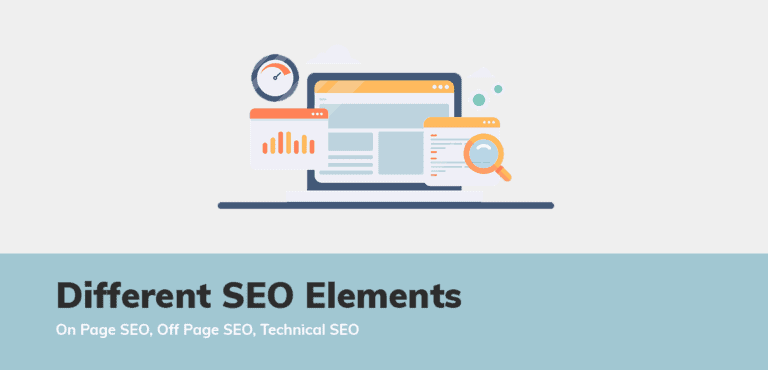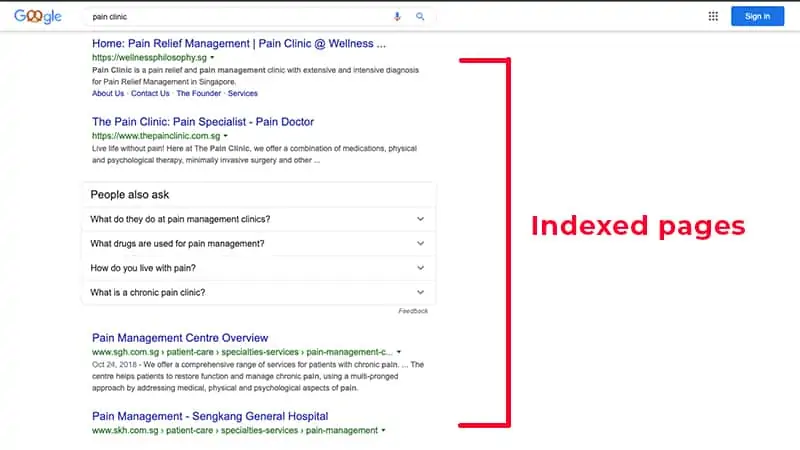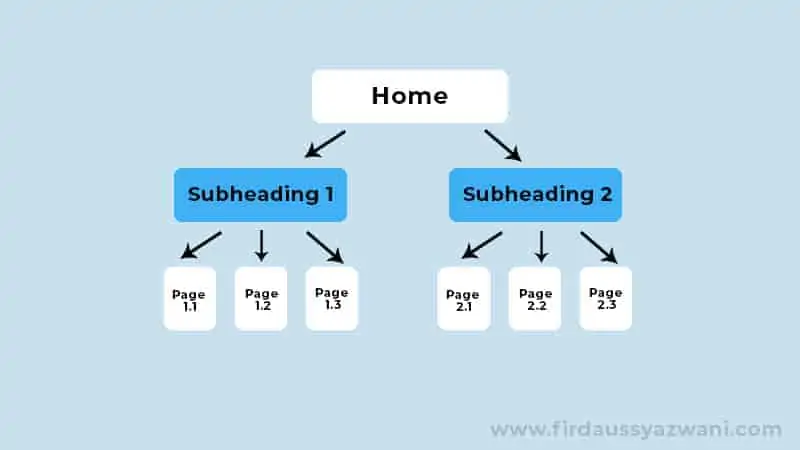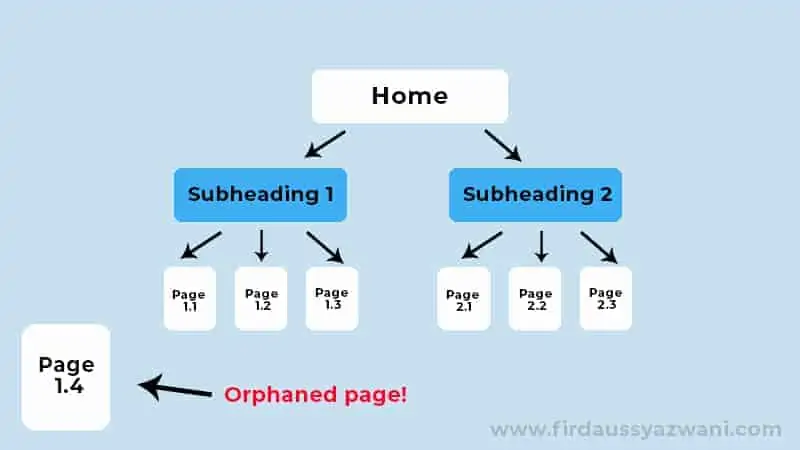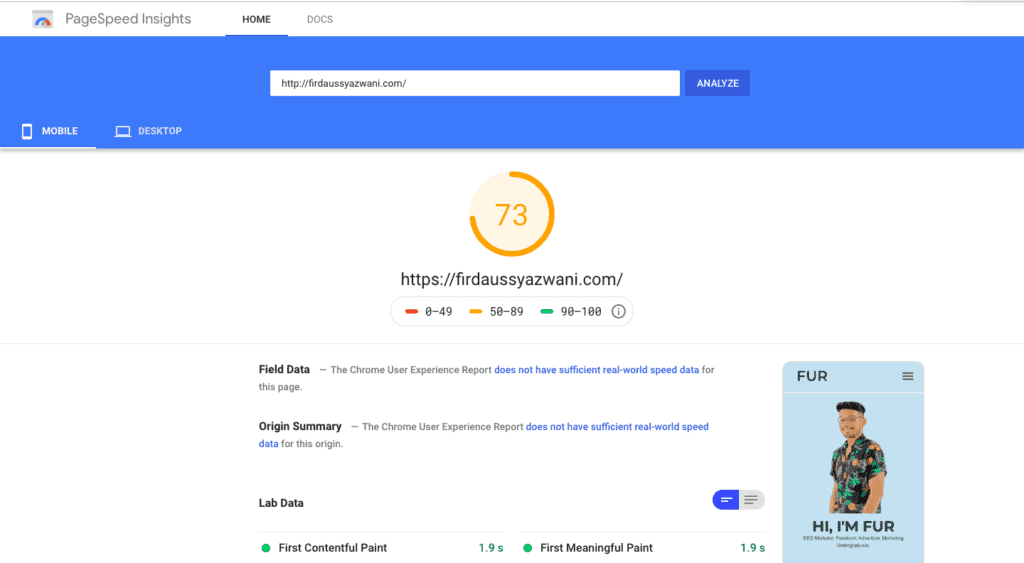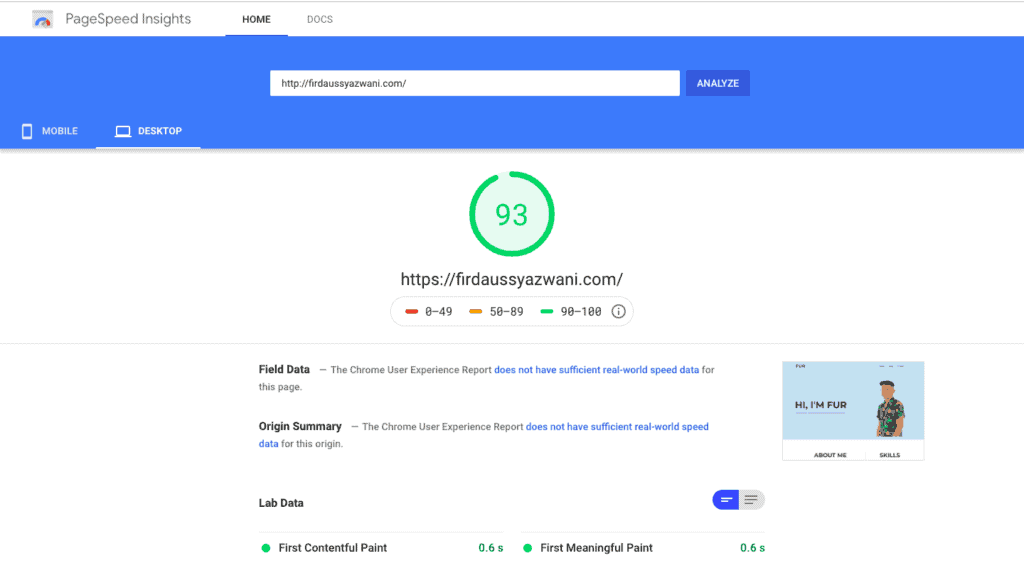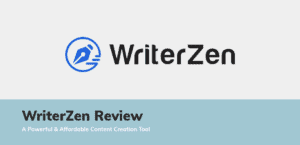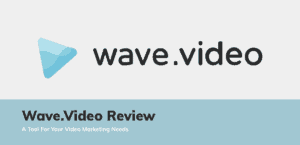What are the different SEO elements?
The 3 different SEO elements that all non-technical beginners should have an understanding of is technical SEO, on-page SEO, and off-page SEO. These are the 3 main pillars of SEO that anyone who is just starting to learn search engine optimisation should know.
In this article, I will do my best to simplify the technical aspects of SEO for anyone who is just starting out their search engine optimisation careers or learning SEO to implement for your business.
Now before I begin, all the factors in the elements below are those that I have learnt personally over countless of hours just to pick up this trade, and also my experience in implementing these fundamental aspects of SEO into my past work.
Technical SEO
Technical SEO are factors that affect your website and server. It involves implementing certain structures and usability to your site to optimise it for search engine crawlers. Technical SEO is the backbone and foundation of any SEO strategy. Without technical SEO, your efforts in writing new content and achieving backlinks would end up in vain as it will be so much harder to rank your website on Google. Even if you are a beginner, a non-technical person, or simply new to SEO, this is one aspect that you should start off with.
Some factors affecting technical SEO is the way your site is structured, your website’s performance level, its mobile-friendliness, and its security.
Crawlability & Indexability
Site Structure
While search engine bots crawl all over the internet to look for new and relevant content to put up on their search engine, this process can be made easier for them if your website has been properly set up.
Once your page is crawled, these search engines such as Google, Yahoo, and Bing can decide if they want to index your content on their servers. When you search for something on Google, they will show you webpages that have been indexed by their crawlers. Therefore, as a beginner, it is important to begin structuring your site properly when you start your SEO journey.
To make your website crawlable and indexable, many SEOs recommend building a website structure that is easily crawled. This means that the structure of your website needs to be logically arranged for not only their bots, but also for your website visitors.
The image above shows a website that has been properly structured. With the hierarchical structure above, not only do your visitors know that Page 1.1 belongs to Subheading 1, but so does the crawlers. This makes it easy for the crawlers to find all the webpages in your website and allows Google to understand how your website is before deciding to show the most relevant page to searchers.
Get Indexed Faster through Sitemaps
To make it easier and faster for Google to index your website, create an XML sitemap and submit them to the Google Search Console (previously known as Webmaster Tools). This notifies Google that hey, this is how your website is structured, and you should crawl these pages.
Internal Link structure
As web crawlers travel through the internet by following links, a good internal linking structure is important for these bots to find your content. All the webpages in your site should be able to be reached easily to prevent “orphaned” pages.
If there are any pages in your website that are currently not internally linked to, chances are Google can’t find it! Make sure that all your pages are properly linked to the relevant headings to prevent a blocked path for these crawlers. Personally, I like to use Elementor Pro to build my sites as it helps me structure them easily and also has a lot of widgets that helps me reduces the need for other plugins.
Broken Link & Redirects
Have you ever clicked on a link only to receive a 404 Error: Page not found? Google hates these. This usually happens when you create an updated post and delete the old one from your website without redirecting the URL to the new one. This is a common mistake that SEO beginners and small business owners make. Always remember to check for broken links in your website and redirect them somewhere that is related.
Website Performance
Page speed
Page speed is one of the biggest ranking factors on Google. The lower your page speed, the higher you’ll rank on Google. One of the reasons behind this is that Google is prioritising user experience. If someone has to wait 10 seconds to load your page, chances are they’ll leave your website, affecting your rankings negatively!
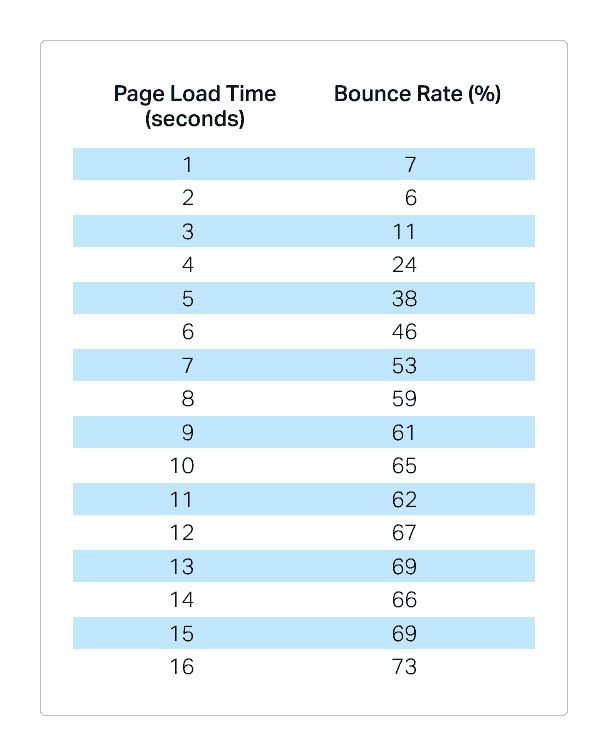
Take a look at the chart above, the longer your page takes to load, the higher the bounce rates! For those who don’t know, bounce rates are
“The percentage of visitors to a particular website who navigate away from the site after viewing only one page.”
Therefore it is always important to look for ways to reduce your page speeds. You can check how fast your website is using the Google PageSpeed Insights.
Take a look at what my page speed score for mobile is
and now look at my desktop page speed score
The more plugins you use, the slower your site will be. Try caching your website, compress your images, and minify your codes. If you are interested to know how I managed to achieve fast page speeds, here are some of my plugin recommendations to increase your page speed dramatically.
Mobile responsive
Mobile responsiveness plays a huge part in Google’s ranking factor. As the majority of internet users are now on mobile, Google’s shifting its priority to mobile-first. Google also warned that if you’re not prioritising a mobile-friendly website, you’re losing out a quarter of your potential audience. Make sure that your website has a mobile version or is responsive to begin with. If you’re on WordPress, choose a mobile responsive theme in the beginning so that you don’t have much to worry about when designing your website.
Website Security
A growing concern nowadays has to do with the security of your website. To know if your website is secure, check your URL now. If it begins with HTTP instead of HTTPS, chances are it’s not secured. Having an SSL certificate installed on your website increases user trust and is one of the easiest things to do to improve on your technical SEO.
This can be done easily by investing a small sum yearly for a basic SSL certificate to be installed to your website. Contact your hosting provider to assist you with it. Alternatively, some hosting providers such as BlueHost provides free SSL certification and automatically installs it for you on your website.
On-page SEO
Content Writing
On-page SEO, as the name suggests, focuses more towards optimising what is on the webpage itself. This part of SEO focuses mainly on writing good and relevant content to your users. However, writing good content is not as easy as just typing in a 300-word post and thinking it’s sufficient. A well-written article is written with a focus on keywords, knowing what the searcher is looking for, and what are the potential questions they might ask next.
The basis of good content (and many would say of SEO too!), is keyword research. You can’t just expect to write something and it magically gets indexed on Google. Keyword research is personally one of the most tedious parts of SEO, as it involves trying to look for keywords that I could rank on page 1 for, the mentality of those who are searching for that keyword, and what are the potential questions they might be asking next. For someone who is starting with SEO, it is important to really understand the concept of keyword research and how to do it effectively.
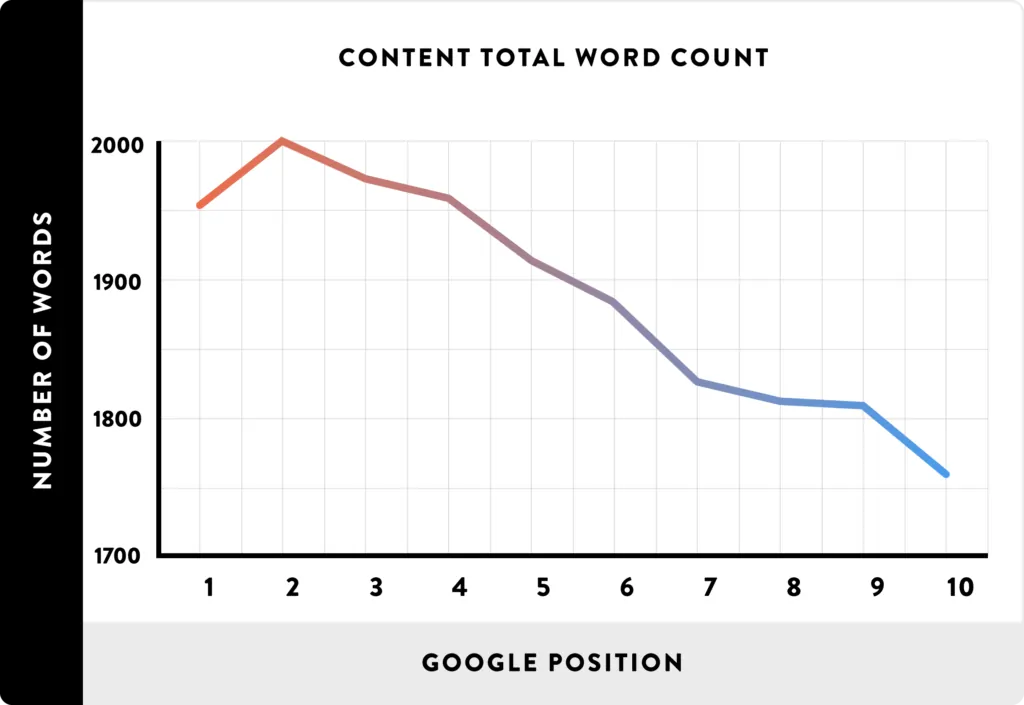
A study done by Backlinko found that the average word count of a Google first page result is 1890 words. Writing long articles itself will not get you on the first page, like what was covered in my previous post, the articles you write must be relevant. Therefore, in-depth keyword research is essentially required before writing an article. The longer the post, the higher the chances of ranking number 1.
Do I just have to write long content to rank on Google?
Personally, I feel that yes, if you can only manage to write long and good articles, chances are you will still get indexed. But based on my experience, that takes a looooooong time!
There are other key elements to on-page SEO that beginners should do to help get ranked even faster. The use of your keywords in your header tags, well-dispersed keywords, keywords in your URL are all some measures you can take to rank that page on Google. However, don’t stuff your keywords everywhere just to trick Google into ranking your page. They will find out!
There are plugins that I use to help me with my on-page SEO that helps me rank higher on Google, if you’d like, here are some of my personal recommendations that I have tried and tested before.
Internal and Outbound Links
The use of links to other authoritative websites and the use of internal links are also an essential part of on-page SEO. Internal links are links that you use to link to other parts of your website that are related to the topic. This helps with SEO as it helps crawlers find other parts of your website!
Outbound links, on the other hand, are links to other websites. Although it may sound counterintuitive to link to other websites (because you want them to stay on your website, duh), outbound links show that your content can be trusted as you link out to authoritative sources of information.
Imagine if I wrote this post without quoting my sources, would you still believe everything I say?
Off-page SEO
Off-page SEO mainly focuses on the backlinks that your website is getting. Backlinks are basically links from other websites that point their users to you. According to Google, backlinks are an indication of your website’s popularity, relevance, and authority. If people are sharing and linking to you, it definitely means that it is of substantial quality.
Types of Backlinks
Natural backlinks
Natural backlinks are backlinks that are obtained naturally. This means that your content is good and relevant, therefore people are backlinking to you. Obtaining natural backlinks take time and effort on your part, that’s why it is considered as a form of white hat SEO and is the most valuable form of backlink.
Manual backlinks
Manual backlinks involve A LOT of your effort in obtaining them. Most common ways are through the use of guest posting, content promotion, or through the use of the broken link method.
When you guest post, you write articles for other authoritative websites that include a link back to your website. Content promotion happens when you just released a new article and share it with your friends on social media. The broken link method involves checking other websites for broken links and then offering the owner of the website your link in replacement.
Unlinked brand mention
I find the last one here very interesting. Google’s algorithm is able to detect your brand name and can recognise you despite the owner of the website not linking to you. Though this does help you with your SEO, it’s always better to contact the webmaster to try and get a backlink from them!
Other links
Now not all backlinks are good for your site. As a beginner, you should know that backlinks created from undesirable sites that contain porn, viruses, or spam are frowned upon by Google. Links generated from blog comments and forums are user-generated comments (UGC) and are considered spammy in Google’s eyes. These sites and backlinks are of low quality and should be generally avoided as it may impact your SEO efforts negatively.
Conclusion
Learning SEO is not as easy as you think. There are many aspects to search engine optimisation that beginners have to learn and there are even more relevant skills to pick up. Coding skills, IT skills, writing skills, and outreach skills are some of the things to have before someone is able to do SEO well.
As an SEO specialist, I get asked many times on the best approach to learn SEO. If you’re really keen on learning SEO, begin with the technical aspects of SEO. It lays the foundation and makes everything else easier for you. Once it has been established, move on to on-page SEO, which is an ongoing process of content writing and optimisation before starting on building backlinks.
In my next post, I talk about the different SEO techniques that one can take depending on their objectives, and I highly recommend you read it first before pursuing your SEO activities.
Remember, SEO is a long-term strategy that will compound if you put in the effort consistently.
Let me know if this post is effective in explaining to you the technical terms of SEO in a non-technical beginner-friendly way!

